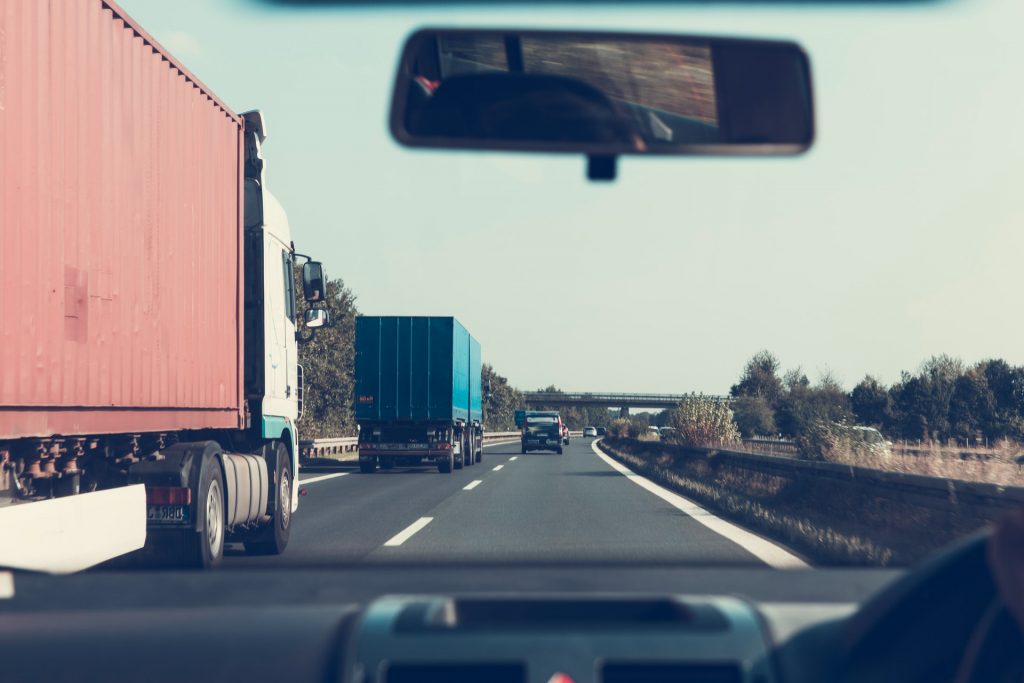We’ve started to see an increasing number of illegal cabotage related cases in our industry press recently and it seems the UK are clamping down that little bit harder as we move through 2020.
What is Cabotage?
Once a haulier is registered as international operator they will be granted an EU Community License. A license that allows the carrier to take on a set number of cabotage and cross trade jobs in other EU countries following an initial journey into that territory.
Cabotage is basically the notion of loading, transport, and subsequent delivery of goods in a country that belongs to the European Union, but carried out by a vehicle that is registered in another European Union country.
So what makes it Illegal?
The key numbers here are 3 and 7. Once in the EU territory or the UK the haulier / vehicle may carry out a maximum of 3 jobs in 7 days in the host country. Once a haulier carries out more than 3 jobs then we switch from Cabotage to Illegal Cabotage whereby the DVSA and TC step in. In some recent cases the TC have impounded vehicles, suspended operations and can even dispose of the vehicle at the end of a period.
* DVSA – Driving and Vehicle Standards Agency
* TC – Traffic Commissioner
Which countries allow Cabotage:
- Austria
- Belgium
- Bulgaria
- Cyprus
- Czech Republic
- Denmark
- Estonia
- Finland
- France
- Germany
- Greece
- Hungary
- Ireland
- Italy
- Latvia
- Lithuania
- Luxembourg
- Malta
- Netherlands
- Poland
- Portugal
- Romania
- Slovakia
- Slovenia
- Spain
- Sweden
- UK
Note: Details in this post are correct at the time of writing, and Cabotage still applies in the UK and EU despite the fact that the UK is no longer a member.
